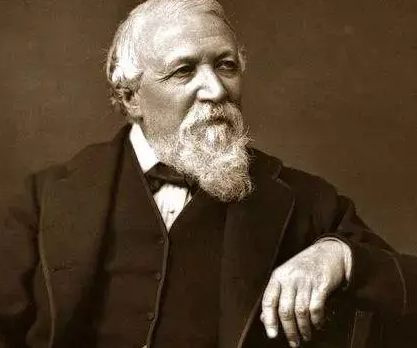The Qing Dynasty, as the last feudal dynasty in Chinese history, has always been an important topic of historical research in terms of its foreign policy and military actions. Although the Qing Dynasty conducted large-scale military conquests in the early stage of its rule, it did not choose to carry out large-scale expeditions westward in its later period. On the contrary, the relationship between the Qing Dynasty and Mongolia was exceptionally close. This article will explore why the Qing Dynasty did not choose to go west and its special relationship with Mongolia.

I. The Foreign Expansion Policy of the Qing Dynasty
After entering the Pass, the Qing Dynasty quickly launched military conquests against the remnants of the Ming Dynasty, the Southern Ming regime, and various anti-Qing forces throughout the country. In this process, the Qing Dynasty demonstrated strong military strength and strategic planning capabilities. However, as the domestic situation stabilized, the Qing Dynasty's foreign expansion policy gradually shifted towards conservatism. Especially after the reigns of Kangxi, Yongzheng, and Qianlong, the focus of the Qing Dynasty's governance gradually shifted towards internal affairs construction and border defense.
II. The Special Relationship between the Qing Dynasty and Mongolia
The relationship between the Qing Dynasty and Mongolia has a long history. As early as before the unification of Manchuria, the Manchus had close ties with the Mongolian tribes. After the establishment of the Qing Dynasty, in order to consolidate the northern border, a series of measures were taken to strengthen ties with various Mongolian tribes. Through marriage alliances, rewards, and other means, the Qing Dynasty successfully integrated the Mongolian tribes into its ruling system, forming a special political alliance.
III. The Reason Why the Qing Dynasty Did Not Go West
There are several reasons why the Qing Dynasty did not choose to go west:
1. Priority of Internal Stability: As the domestic situation stabilized, the Qing Dynasty rulers were more inclined to maintain domestic peace and prosperity rather than undertake high-risk external expeditions.
2. Border Defense Pressure: Facing increasing pressure on border defense, especially from Russia, the Qing Dynasty needed to maintain sufficient military strength to respond to possible conflicts.
3. Economic Interests Considerations: Trade with the West brought considerable economic benefits to the Qing Dynasty. The Qing Dynasty rulers were more inclined to safeguard these interests through peaceful means rather than through military expansion.
4. Cultural Factors: The Qing Dynasty rulers were deeply influenced by Confucian culture, emphasizing "benevolent governance" and "royal morality", and did not encourage meaningless wars and conquests.
IV. Conclusion
In summary, the reasons why the Qing Dynasty did not choose to go west are multifaceted, including domestic stability, border defense, economic interests, and cultural factors. At the same time, the special relationship between the Qing Dynasty and Mongolia is based on historical origins and practical political needs. Through the analysis of the Qing Dynasty's foreign policy, we can gain a deeper understanding of the governance philosophy of the Qing Dynasty rulers and the complexity of international relations at that time.
Disclaimer: The above content is sourced from the internet and the copyright belongs to the original author. If there is any infringement of your original copyright, please inform us and we will delete the relevant content as soon as possible.
































